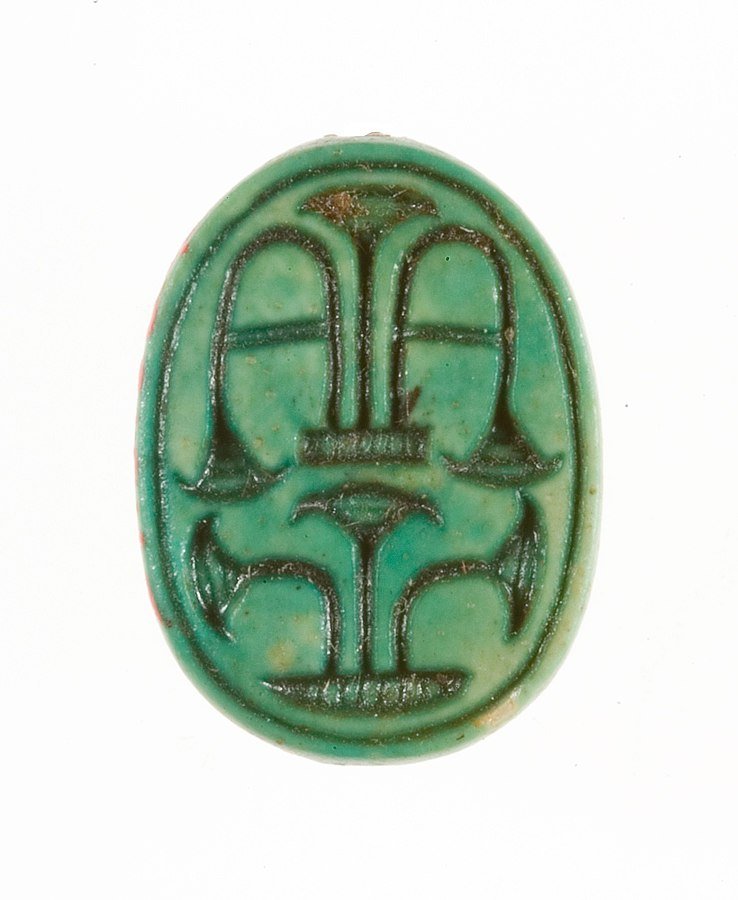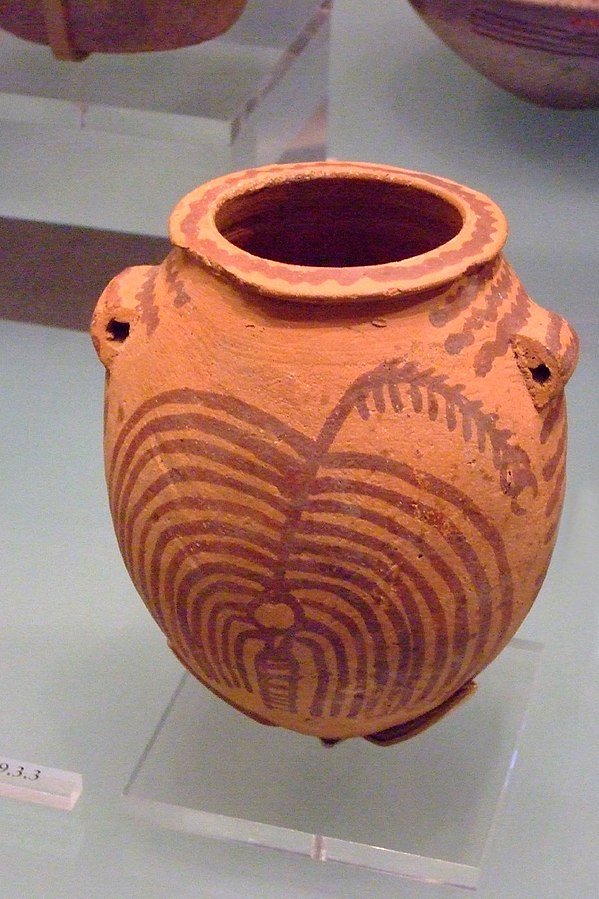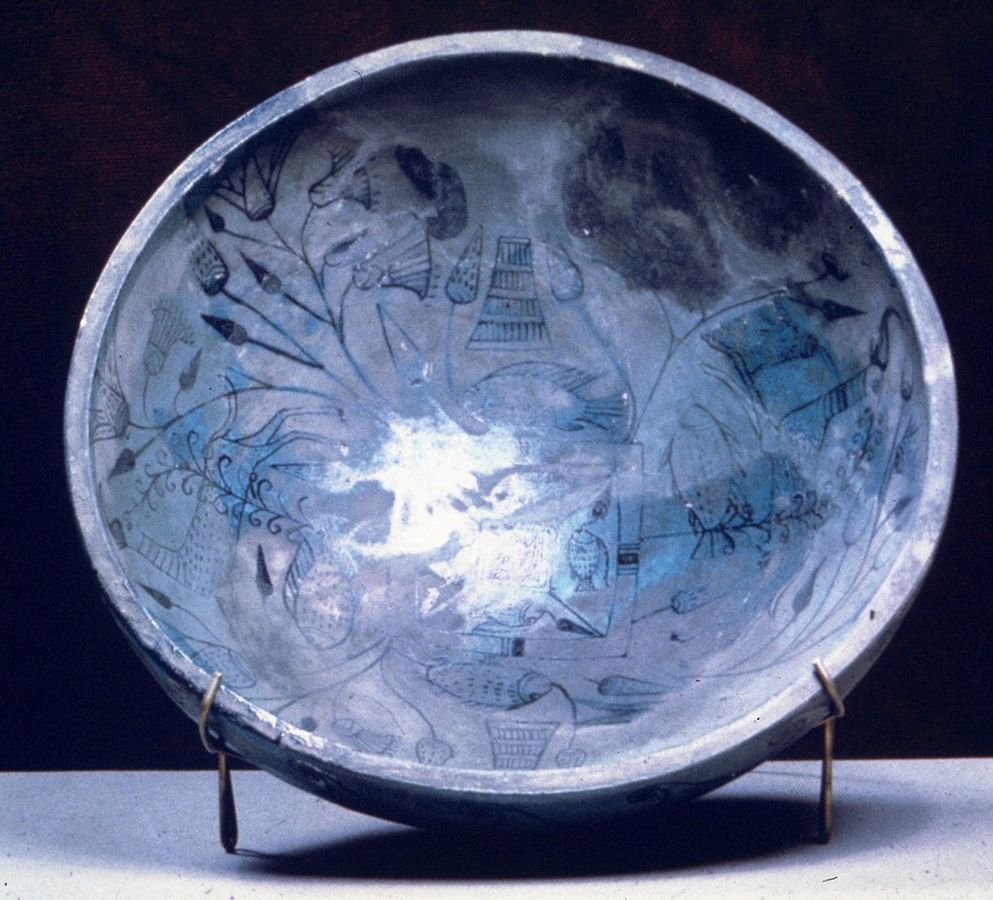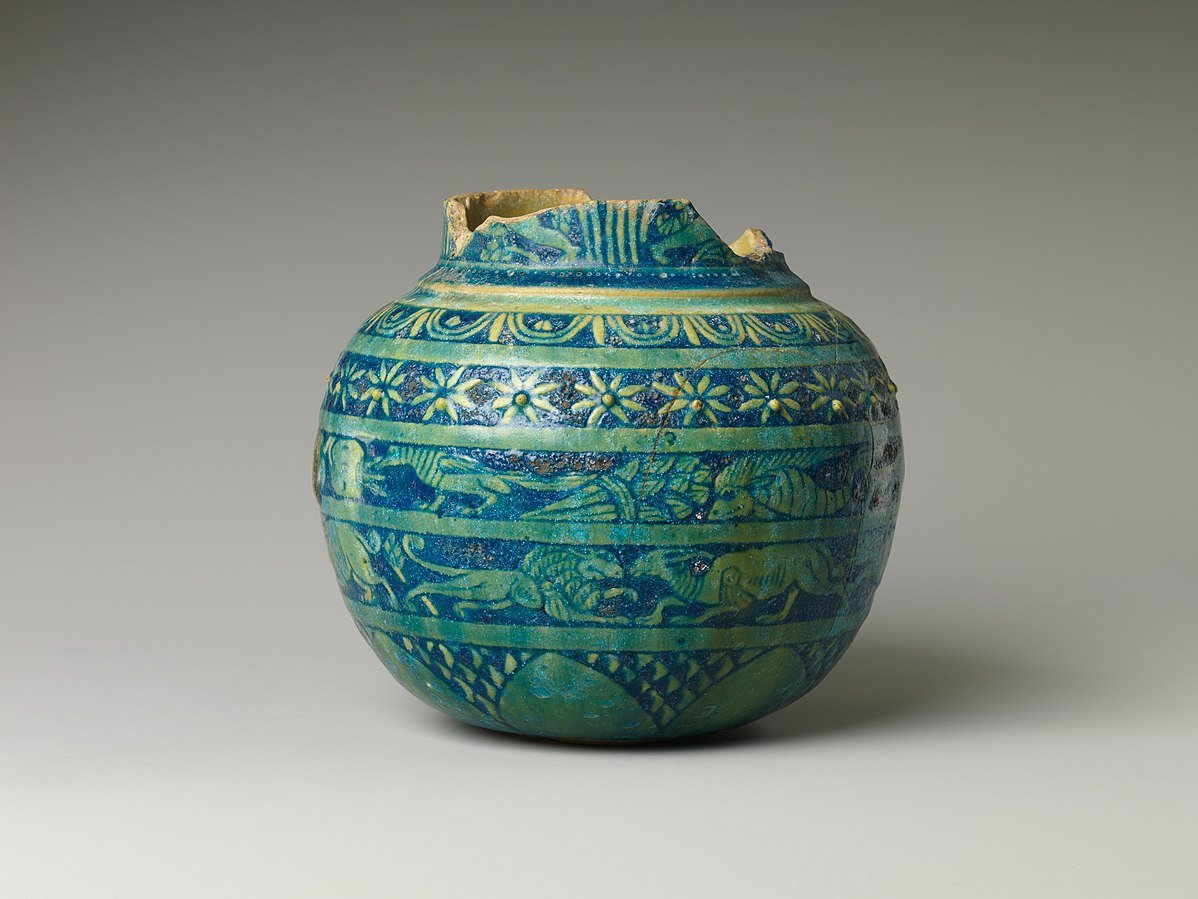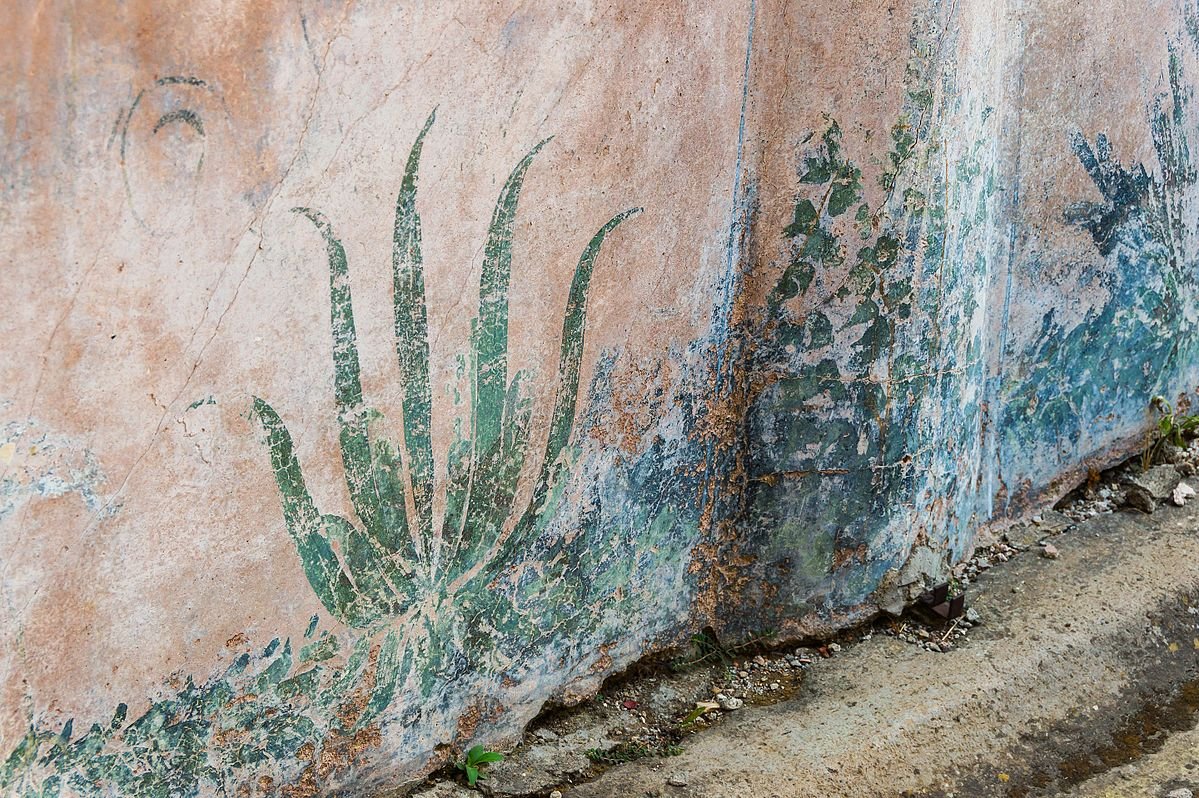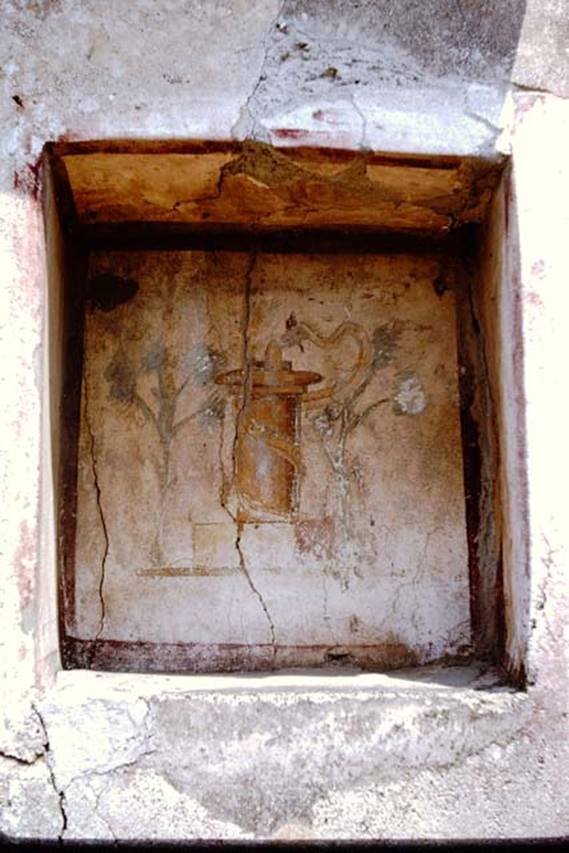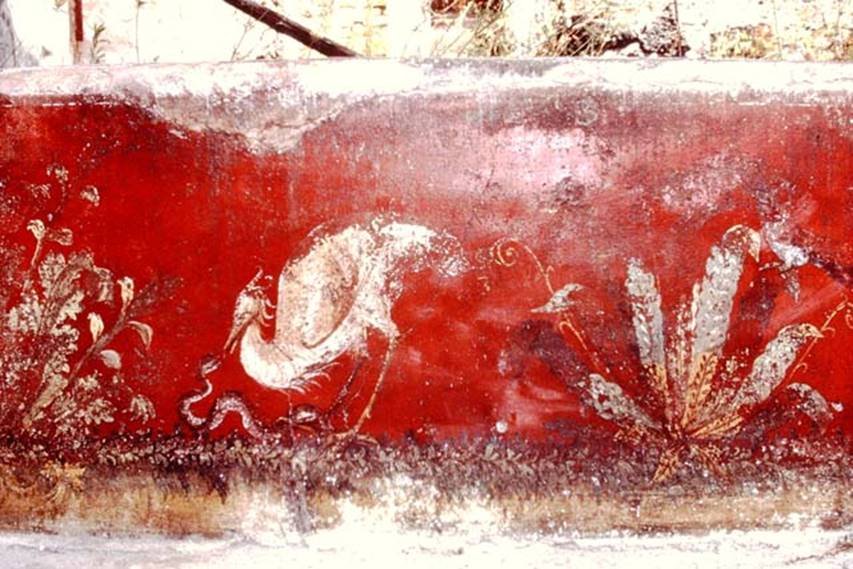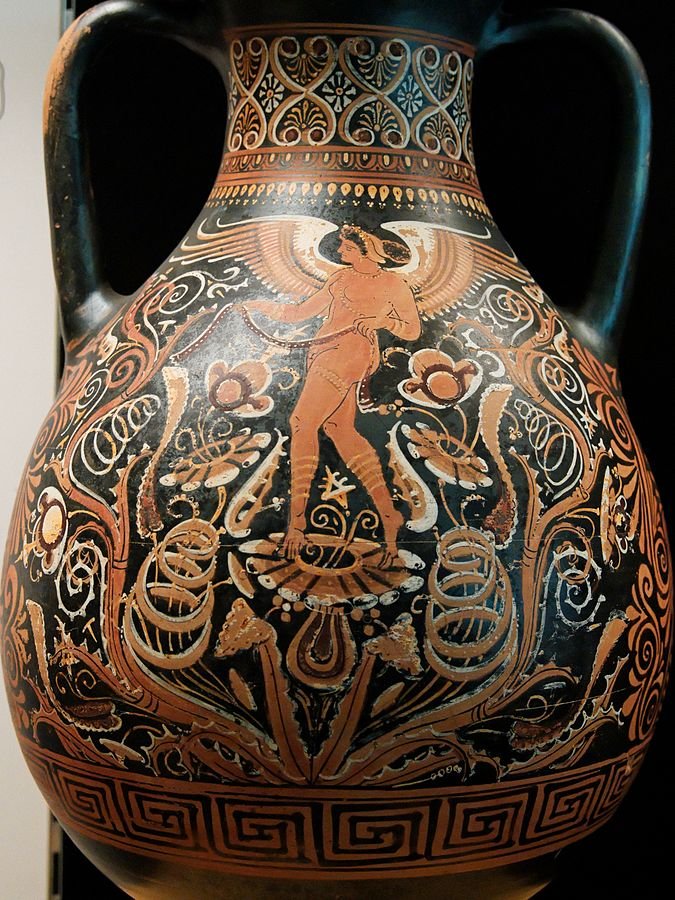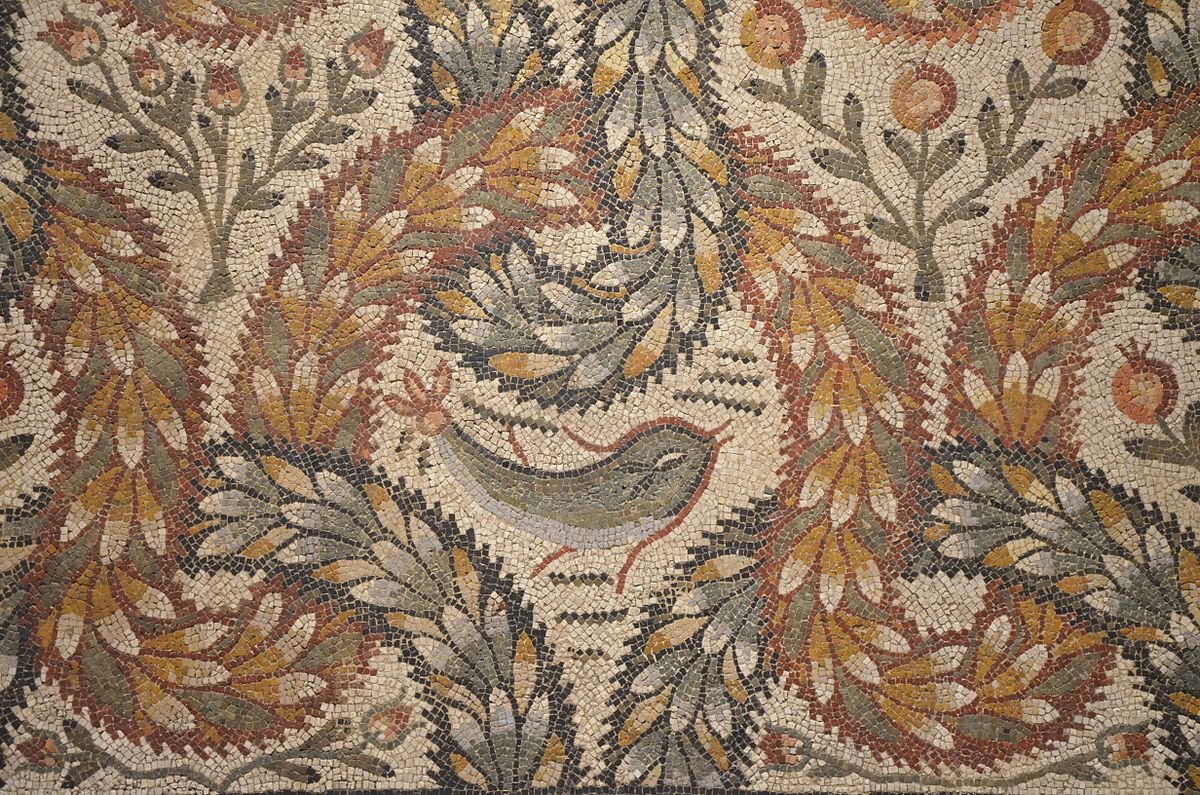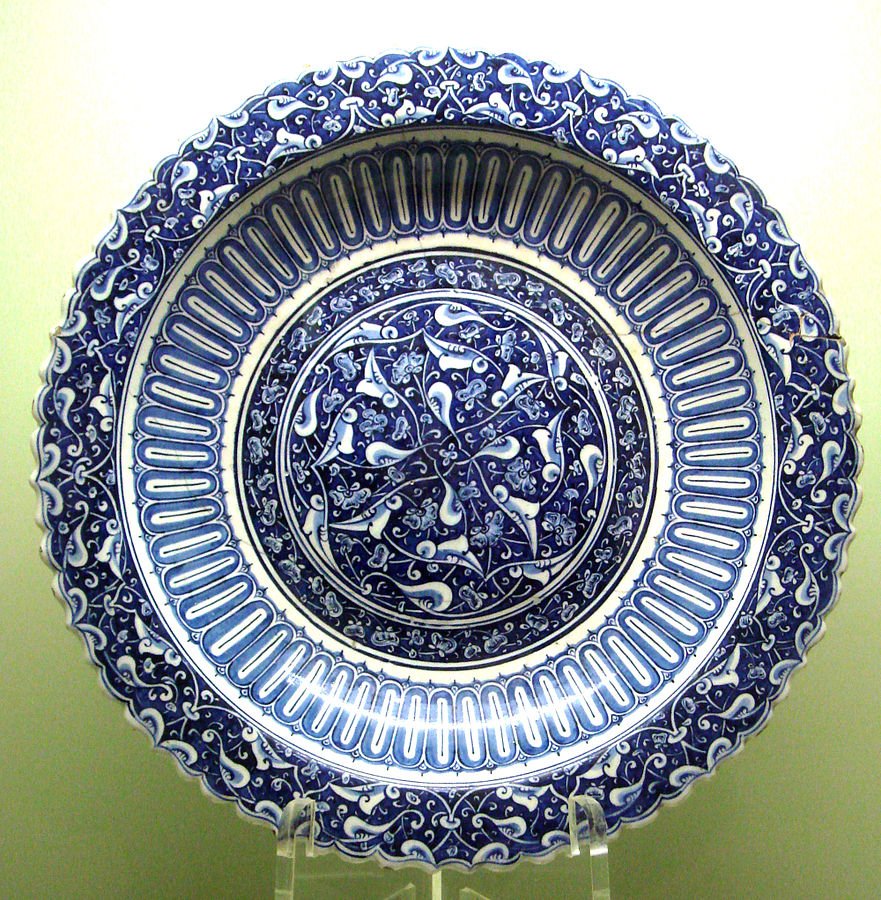Houseplant Scientific Studies - Biophilia
In this series we will be explaining various scientific studies that prove why houseplants are good for you. We all know that they make us feel good, but why not have some scientific proof to back it up? The first thing we will delve into is is explaining what the biophilia hypothesis actually means.
Biophilia
Means “love of life” and comes from the Greek words for “love or affection” and “life.” In other words it relates to the human instinct to naturally connect to other living things, including plants. The biophilia hypothesis shows how having no plants in your environment negatively impacts your overall health. This means not having plants in your house, the absence of parks, lack of having a view of the outside, any situation where you are unable to see plant life — that’s no good!
History
If you look back at historic art, vases, Egyptian tombs, artifacts from Pompeii, etc., proved that people back then even had houseplants. You see plants everywhere! It is ingrained in us to feel the need to connect with nature and have plant life around us. One very famous example of this is the Hanging Gardens of Babylon, which were built over two thousand years ago and are one of the Seven Wonders of The World. The massive gardens, or garden depending on which theory you read, were built by a king for his queen after he saw how sad she was due to missing the greenery and mountains of her homeland. I love that story because it not only shows how connected to plants we are but it also shows the love someone had for their significant other.
In more recent history, the first hospitals in Europe were in monasteries where they believed it was necessary to the healing process to have gardens on the grounds. If you want to get into even more recent history, it has been shown over the past centuries that adding plants to an environment that is lacking in life, like an office building or hospital, results in positive effects.
Studies on Having Plants Indoors
Numerous empirical studies have been performed that show how beneficial plants are indoors. For instance, it has been shown that office workers that lack a view of outside will compensate by having houseplants or by having images of plants within their view. The same study proves that those who are able to see plants from where they work results in fewer sick days. Other studies highlight how rooms with plants look more attractive and garner less stress than those that are without. Another study concluded that those who were recovering from pain and disease had a higher pain tolerance when around plants than those who were in a room devoid of them. Yet another study showed that less office and hospital workers had health complaints, like coughing and being tired, when their environment included plants.
TL;DR
Basically all of the studies show that having plants indoors increases one’s health and well-being. This in turn more or less proves that the biophilia hypothesis has a lot of truth to it. (Which we plant people can readily believe!)
We don’t know about you, but we find this topic utterly fascinating! Yes, the previous text block was a tl;dr, even though this entire post is one, so if you want to read up on this a bit more, here is a link to the National Library of Medicine’s article that goes more in depth on the biophilia hypothesis.
If you want plant tips and tricks, personalized advice, to talk plant science, etc. come find us on Mesh or on Facebook to connect with other plant lovers from around the world!


